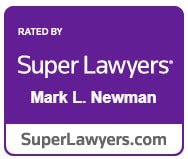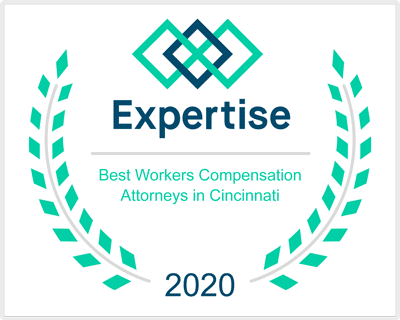If you suffer an injury at work, you can file a claim for workers’ compensation benefits, including coverage of the cost of your medical recovery and lost wages. Understanding how to apply for workers’ compensation in Ohio and the general process can help you avoid problems and protect your future.
This blog post will cover the general steps for filing a claim for workers’ compensation in Ohio if you work for a private. Public employees, such as those who work for a state, local or federal government agency, must follow a different procedure that will not be covered in this blog post.
It is important to note that filing for workers’ compensation can be a complex process and that your unique situation may require a different approach. Because of this variability, it is important that you contact a knowledgeable Cincinnati workers’ compensation attorney who can give you personalized answers to your questions.
Filing a claim
Injured workers in Ohio must file a claim for workers’ compensation to the Ohio Bureau of Workers’ Compensation (BWC). Generally, this claim must be filed within two years of the date of the accident that caused a worker’s injury or death, or within two years of the worker becoming aware of their occupational-related disease. There may be other extenuating circumstances related to the Ohio workers’ compensation filing deadlines, so it is important that you speak with a legal professional who can answer your deadline-related questions.
Workers can file their claim by completing the First Report of Injury (FROI) form on the BWC website or, less commonly, in a letter to the BWC. Other parties may also be able to file this FROI to start the workers’ compensation claim process, including healthcare professionals who specialize in providing care to injured workers (managed care organizations), the injured worker’s employer or representatives authorized by the worker, such as an attorney or spouse.
This FROI form asks several basic identifying questions about the injured worker, including their name and social security number, as well as information about the accident and injury. Once the form is completed, a BWC representative will use this information to begin investigating the accident and injuries that the worker experienced.
Await a claims decision
The BWC must notify the party who filed the FROI of its decision to approve or deny the workers’ compensation claim within 28 days of receiving the form. If the BWC allows a claim to proceed, the injured employee will be eligible for workers’ compensation benefits. Workers who have their claim approved will continue to receive benefits until their doctor says they can return to work. Injured workers must submit a new MEDCO-14 form (Physician’s Report of Work Ability) after periodic medical appointments to remain eligible for benefits.
If the state denies a workers’ compensation claim, the denied party has the right to file an appeal. Denied parties can submit the Notice of Appeal (IC-12) form to the Industrial Commission of Ohio to start the process. The denied party must appeal the BWC’s decision within 14 calendar days.
This blog post is a high-level overview of the steps involved for how to apply for workers’ compensation in Ohio. Because every case is different, it is highly recommended that you contact an experienced Ohio workers’ compensation attorney like Mark L. Newman who can guide you through the process.




